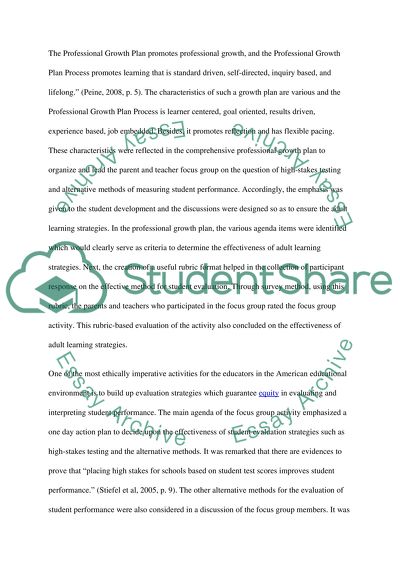Cite this document
(Parent/Teacher Focus Group Assignment Example | Topics and Well Written Essays - 1000 words, n.d.)
Parent/Teacher Focus Group Assignment Example | Topics and Well Written Essays - 1000 words. https://studentshare.org/education/1530720-parentteacher-focus-group
Parent/Teacher Focus Group Assignment Example | Topics and Well Written Essays - 1000 words. https://studentshare.org/education/1530720-parentteacher-focus-group
(Parent/Teacher Focus Group Assignment Example | Topics and Well Written Essays - 1000 Words)
Parent/Teacher Focus Group Assignment Example | Topics and Well Written Essays - 1000 Words. https://studentshare.org/education/1530720-parentteacher-focus-group.
Parent/Teacher Focus Group Assignment Example | Topics and Well Written Essays - 1000 Words. https://studentshare.org/education/1530720-parentteacher-focus-group.
“Parent/Teacher Focus Group Assignment Example | Topics and Well Written Essays - 1000 Words”. https://studentshare.org/education/1530720-parentteacher-focus-group.


